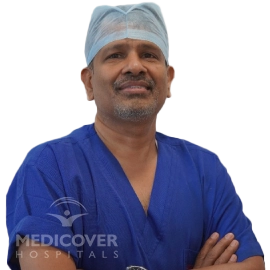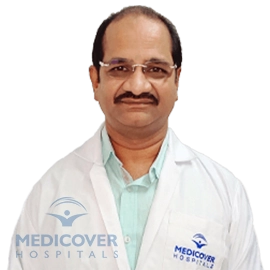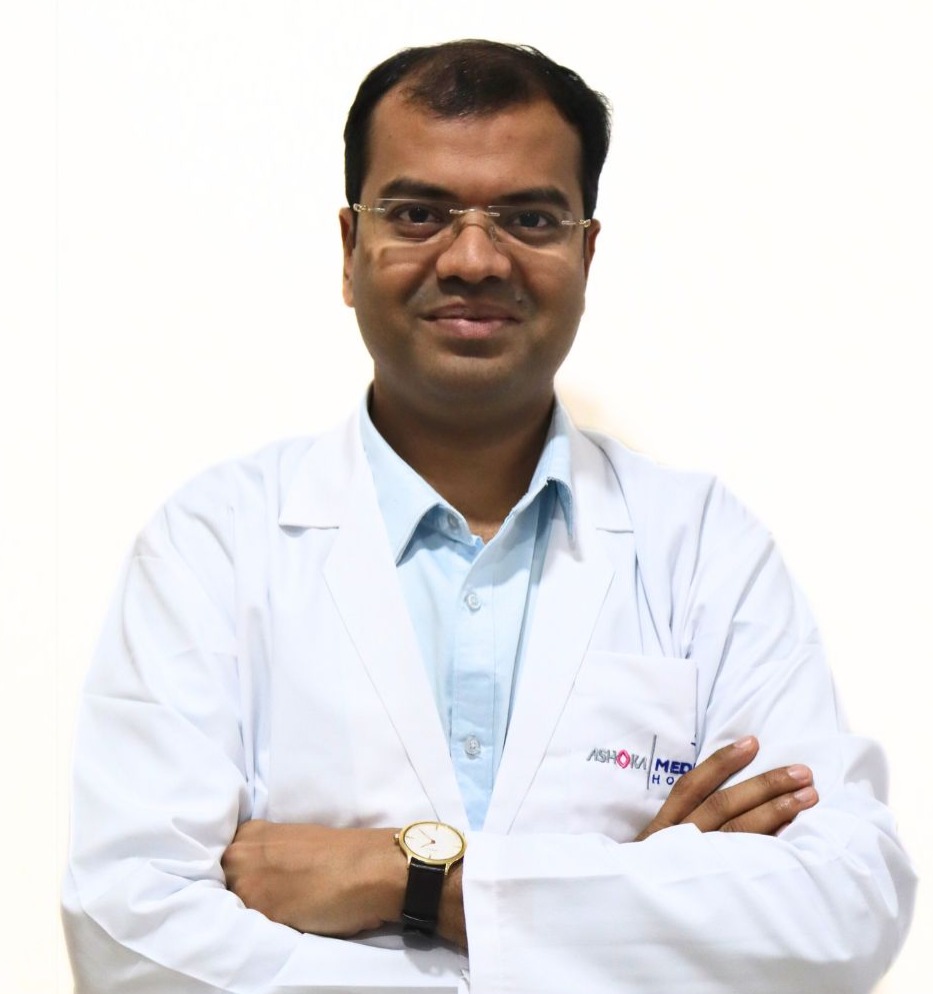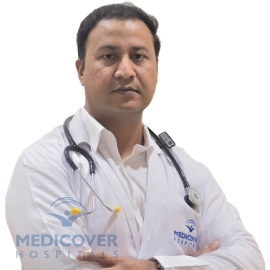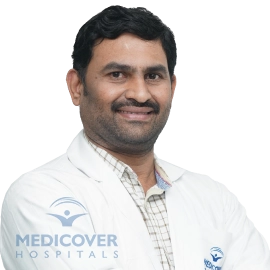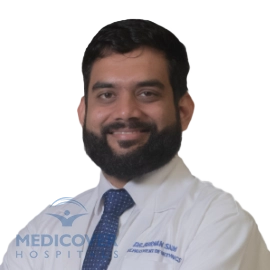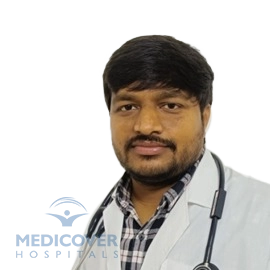Best Gluteal Tendinitis Doctors in India

- Exp:6+ Yrs

Joint Replacement and Arthroscopy Bengaluru
- Exp:13+ Yrs


and Joint Replacement Surgeon
Arthroscopic Surgeon
Specialist for Pelvis Fracture Surgeries and Rheumatoid Arthritis Cases. Aurangabad
- Exp:8+ Yrs

Sports Medicine Specialist navi-mumbai
- Exp:8+ Yrs

Specialist In Joint Replacement & Trauma Kurnool
- Exp:9+ Yrs


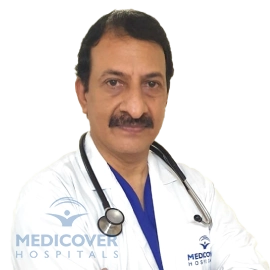

and Joint Replacement & Arthroscopy surgeon. Vizag
- Exp:15+ Yrs

Director of Orthopedic Disciplines navi-mumbai
- Exp:12+ Yrs
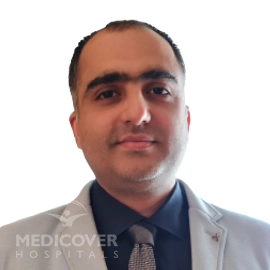
Deformity Correction & Pediatric Orthopedic Surgeon navi-mumbai
- Exp:9+ Yrs

Joint Replacement Arthroscopy and sports medicine surgeon Pune
- Exp:13+ Yrs


- Exp:6+ Yrs

- Exp:4+ Yrs

- Exp:8+ Yrs
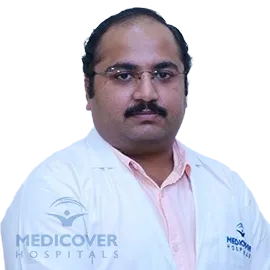
Joint replacement and Spine Surgeon Vizag
- Exp:6+ Yrs
Importance of Gluteal Tendinitis Specialist in Treatment
The significance of specialization in the treatment of gluteal tendinitis is paramount, as this condition can significantly impact mobility and quality of life. Gluteal tendinitis involves inflammation of the tendons in the gluteal muscles, often resulting from overuse, injury, or degenerative changes. Specialists in orthopedic and sports medicine have the expertise required to accurately diagnose gluteal tendinitis through physical examination and imaging studies. Early diagnosis is essential for implementing effective treatment strategies that may include physical therapy, corticosteroid injections, and lifestyle modifications to reduce strain on the affected tendons. Specialists can also provide personalized rehabilitation programs aimed at restoring strength and flexibility, ensuring a safe return to physical activities. Their comprehensive approach to care emphasizes patient education, equipping individuals with knowledge about proper body mechanics and injury prevention. Overall, seeking specialized care for gluteal tendinitis ensures optimal management and improved recovery outcomes.Why to Choose Gluteal Tendinitis Specialists at Medicover Hospitals in India
At Medicover Hospitals, our gluteal tendinitis specialists are dedicated to providing expert care designed to address the complexities of this condition. Our team comprises experienced orthopedic specialists and physical therapists who work collaboratively to develop individualized treatment plans that focus on each patient's unique needs. We utilize advanced diagnostic techniques to confirm the diagnosis and implement effective management strategies that encompass pain relief, rehabilitation, and lifestyle adjustments. Our specialists prioritize patient education, empowering individuals to understand their condition and actively participate in their recovery. At Medicover Hospitals, we create a supportive environment where patients feel comfortable discussing their health concerns and treatment preferences. Our commitment to ongoing follow-up care ensures that we monitor progress closely, making necessary adjustments to treatment plans to optimize outcomes. By choosing our specialists, patients can expect high-quality, personalized care that aims to restore function, alleviate pain, and improve their overall quality of life.
Frequently Asked Questions
What are some common symptoms of Gluteal Tendinitis in its initial stages?
Early signs of Gluteal Tendinitis include hip pain, tenderness over the outer hip, difficulty lying on the affected side, and worsened pain with activities like walking or climbing stairs. Seek medical advice promptly if experiencing these symptoms.
How should patients manage Gluteal Tendinitis to control its progression?
Patients should manage Gluteal Tendinitis through rest, physical therapy, ice application, and modifying activities to reduce strain.
What are the co-existing conditions commonly associated with Gluteal Tendinitis?
Gluteal Tendinitis commonly co-exists with conditions such as hip bursitis, lower back issues, and iliotibial band syndrome. Managing these conditions alongside Gluteal Tendinitis is crucial for comprehensive care.
What are the primary treatments offered by specialists for Gluteal Tendinitis?
Specialists for Gluteal Tendinitis typically offer treatments such as physical therapy, anti-inflammatory medications, corticosteroid injections, and in severe cases, surgery. These interventions aim to reduce pain and improve mobility.
